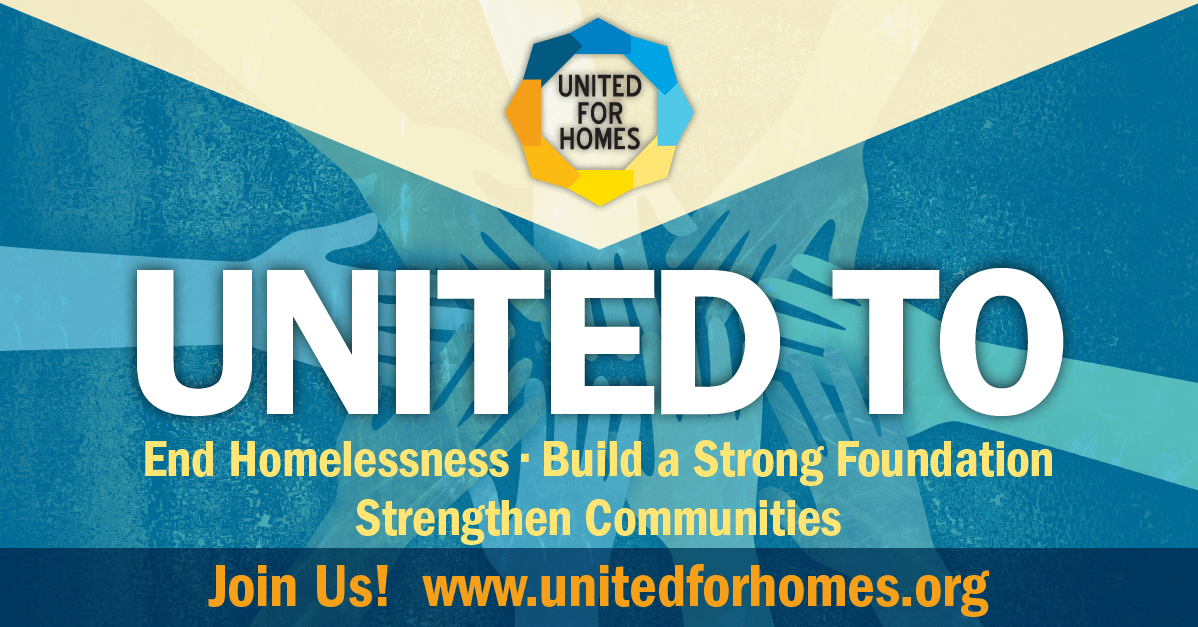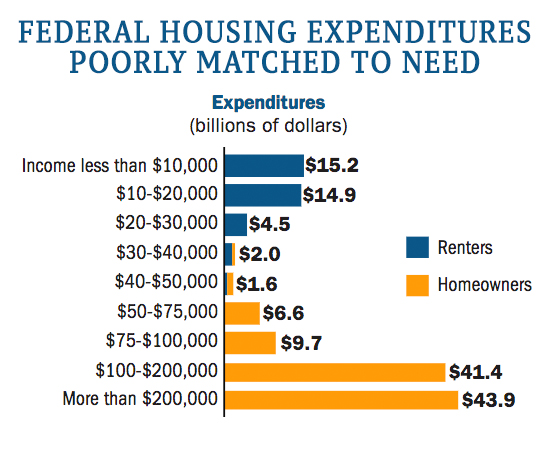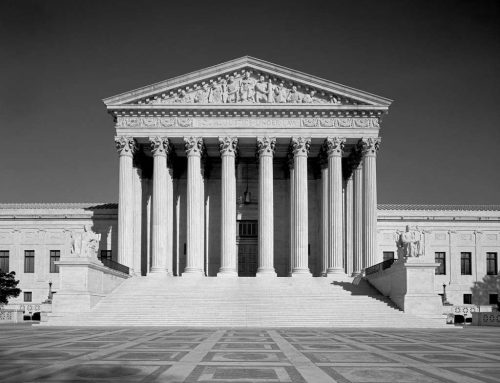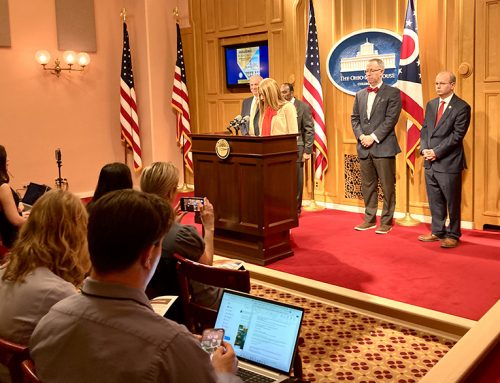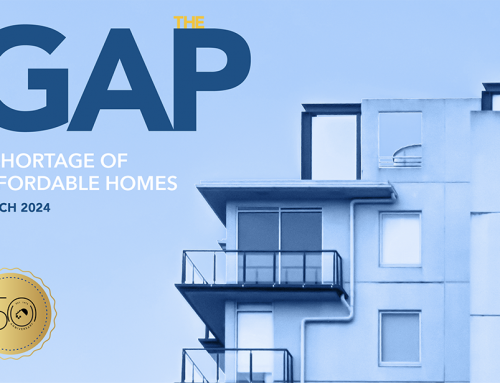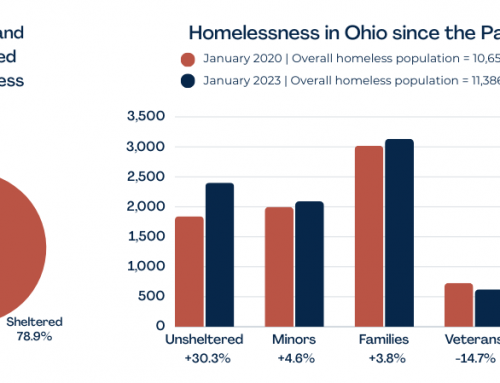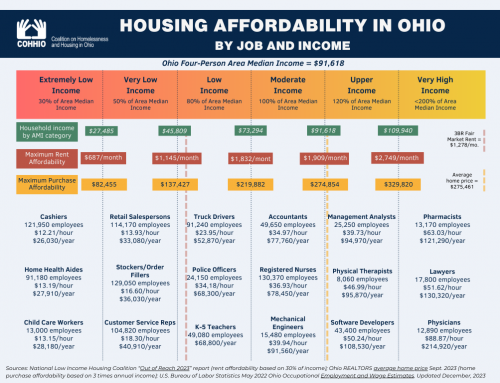A new report by the National Low Income Housing Coalition (NLIHC) shows how the federal mortgage interest deduction (MID) can be fixed to help lower income homeowners that really need assistance and generate significant new funding to help tackle homelessness and housing insecurity.
The “Reforming the Mortgage Interest Deduction: How Tax Reform Can Help End Homelessness and Housing Poverty” report shows the MID is currently a $70 billion tax write-off that primarily benefits wealthier homeowners, but Congress could better target the program to generate funding for affordable housing for the lowest income families with the greatest needs.
Each year the federal government spends almost $200 billion to help Americans buy and rent their homes. Seventy-five percent of these resources goes to subsidize higher income homeowners through the MID and other homeownership tax breaks. In fact, the federal government spends more to help the 7 million households earning over $200,000 than to assist the 55 million households earning less than $50,000.
Many experts from across the ideological spectrum point out that the MID is a poorly targeted and wasteful use of federal resources that encourages households to take on higher levels of debt, fails to promote homeownership, disrupts the housing market by inflating housing costs, and mostly benefits higher income households who do not need federal assistance to live in stable homes. Many economists have called for eliminating the MID altogether.
The report and NLIHC’s United for Homes campaign is instead calling for modest reforms to the MID: reduce the amount of mortgage against which the tax break can be claimed from $1 million to $500,000 and convert the deduction to a 15% non-refundable tax credit. This would provide a tax break to 25 million lower income homeowners and would generate $241 billion over 10 years to be reinvested to support affordable housing for those with the greatest needs through the national Housing Trust Fund and rental assistance programs.
“With the current shortage of over 7 million rental homes affordable and available for extremely low income households, the affordable housing crisis in America must be addressed,” said Diane Yentel, president and CEO of NLIHC. “Congress and the administration must act now to rebalance federal housing policy and reinvest the savings from MID reform into affordable housing programs for those with the greatest needs. Smart reforms and investments can end homelessness and housing poverty in America and provide all households the opportunity to achieve successful, healthy lives.”
More information:
http://bit.ly/2hk0O4P to read the full report.
www.unitedforhomes.org to learn more about United for Homes.
